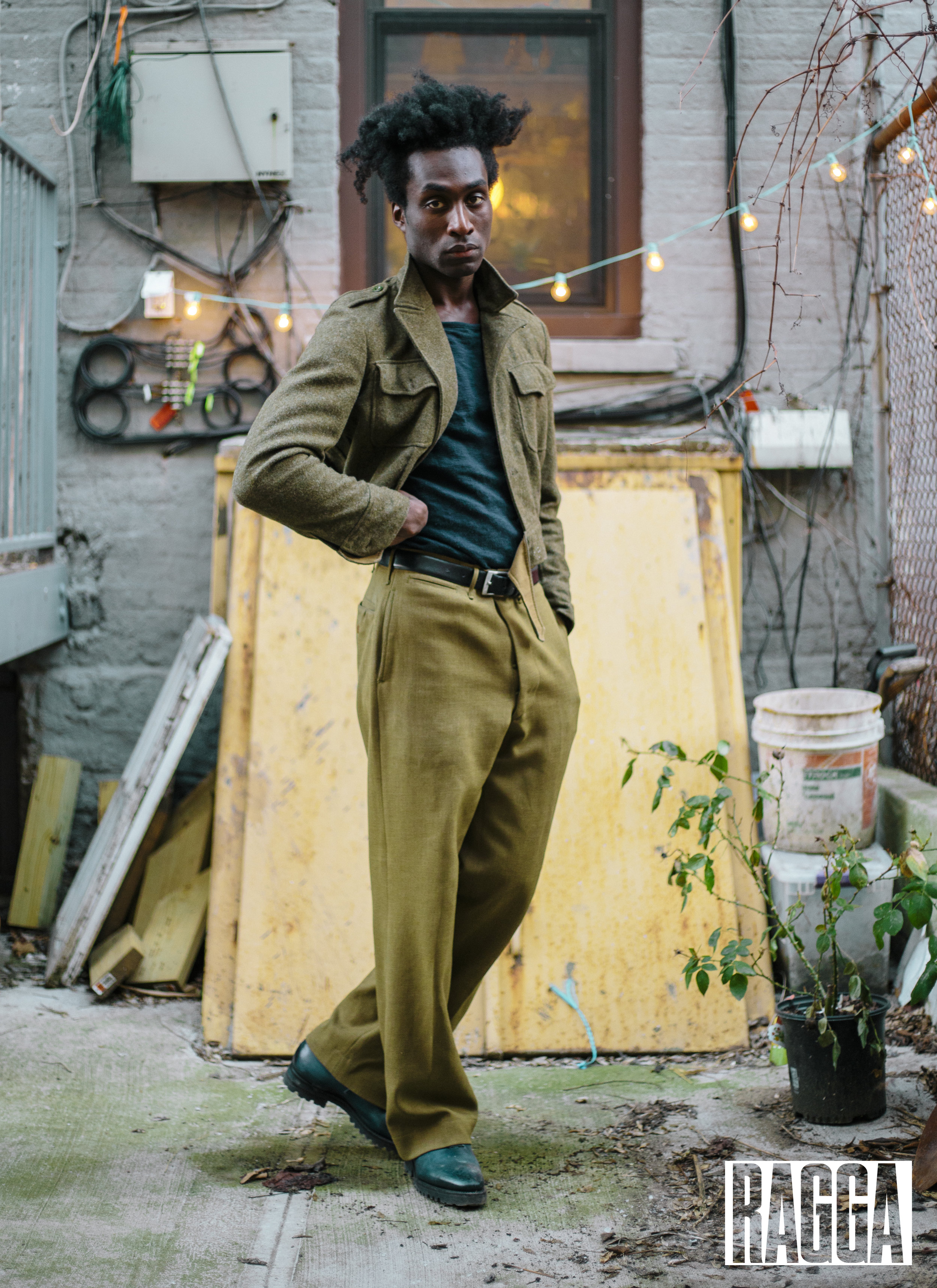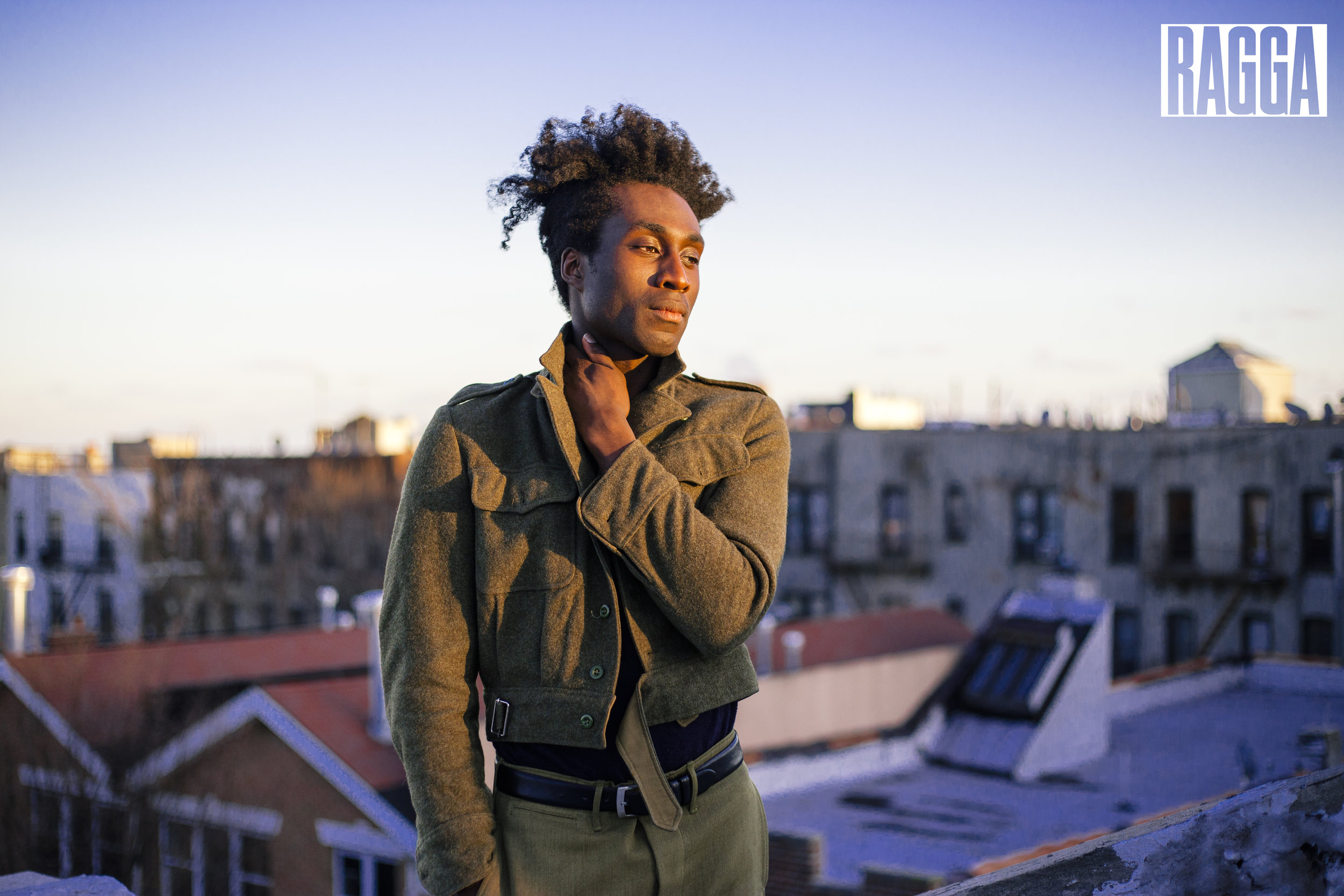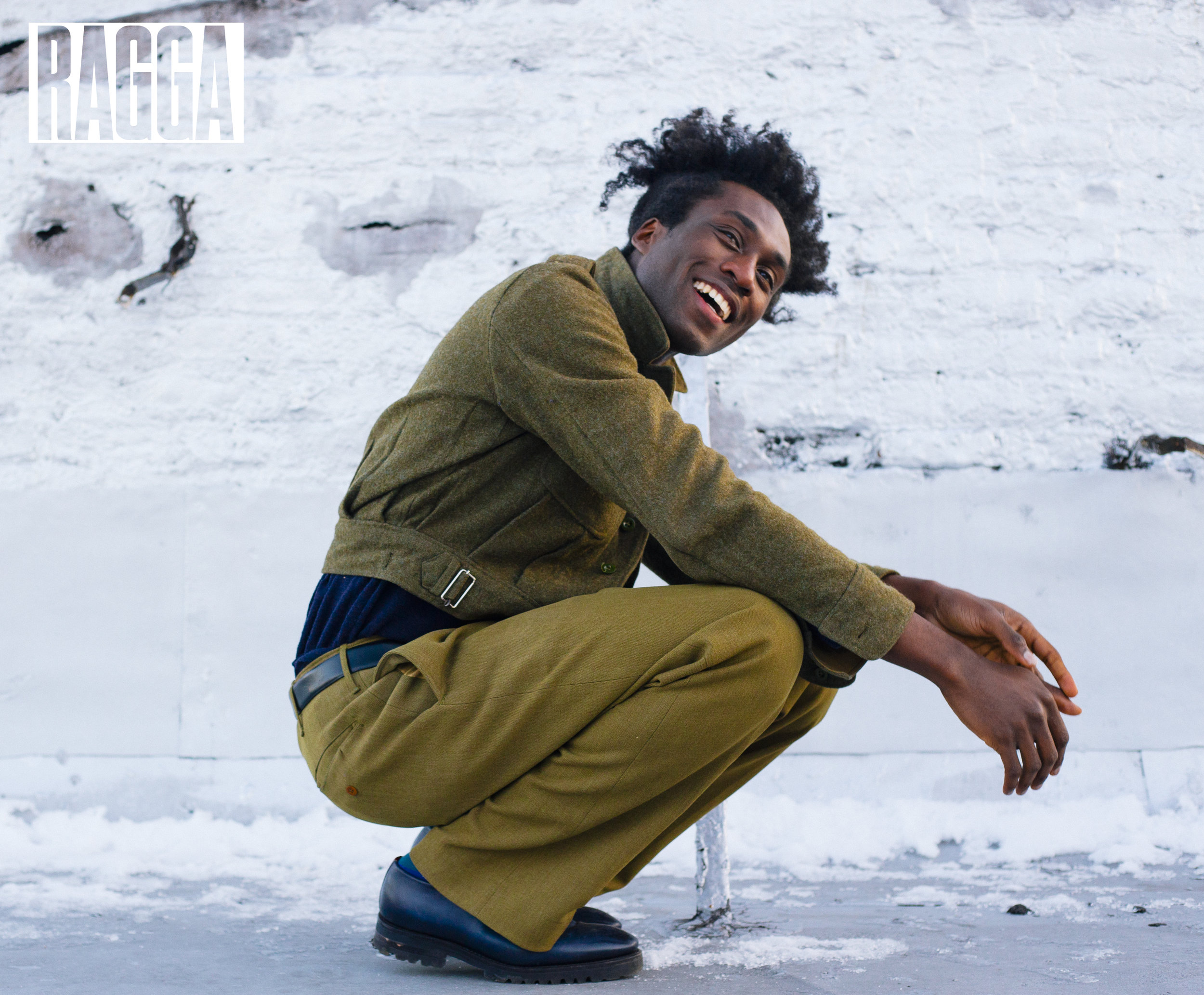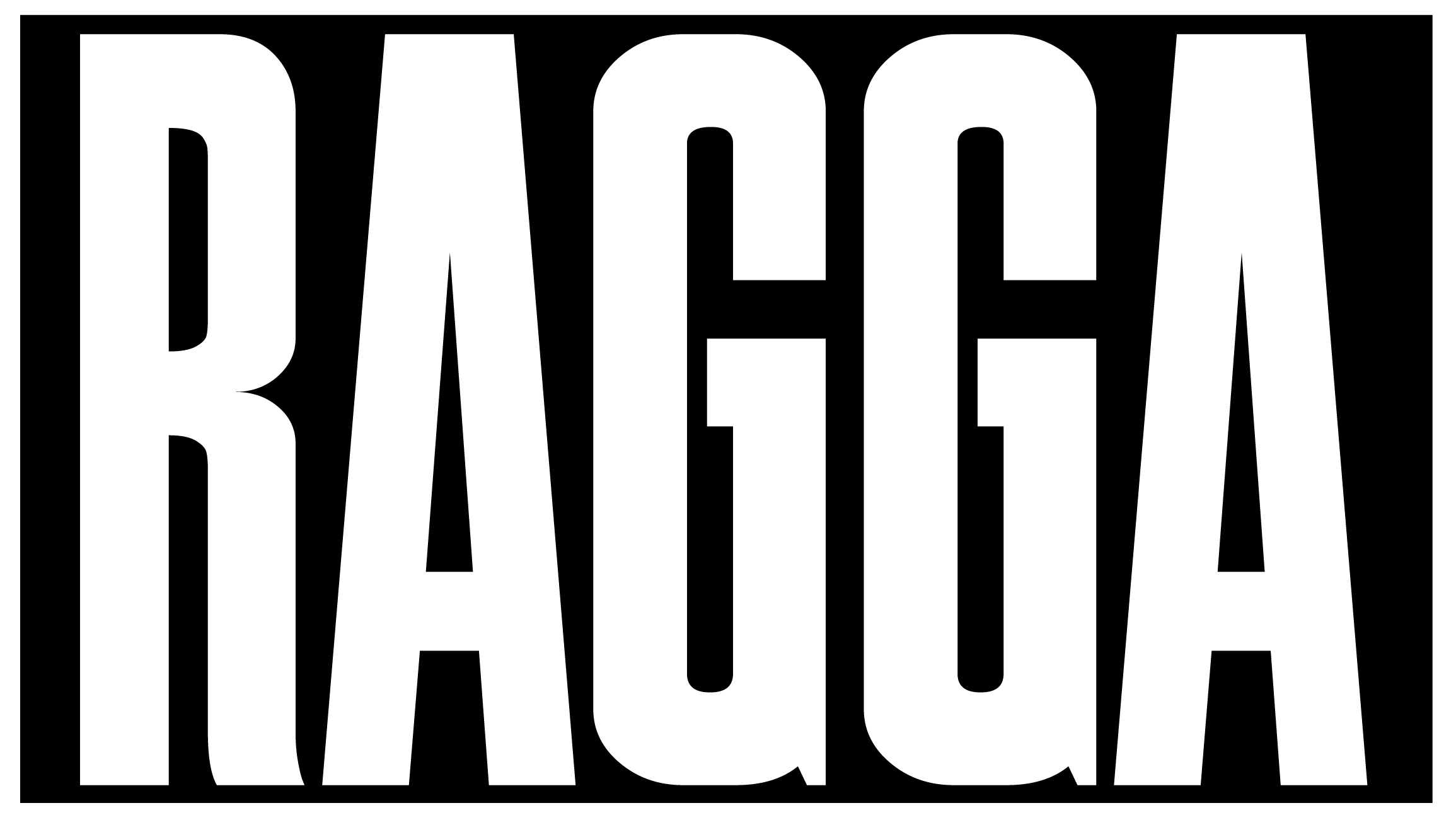
DeVonn Reppin Jamaica
Name: DeVonn Francis
Age: 24
Island: 1st Generation Jamaican-American
Craft: Food & Writing

How has your background affected your life/work?
My work involves empowering folks to educate themselves about food through communal gathering. To understand the power of food culture is to understand the power that eating and taste have over an individual's body and within a larger community context. When people eat and learn together I often see barriers being broken down and bridges being formed where they had not existed prior. This understanding came to me in the form of time spent with my parents in the kitchen and at the little Jamaican restaurant my dad opened when I was young. The kitchen space became my safe space and I wanted to share myself with the world through food.

My mother and father—both Jamaican-born—are radical in the ways in which they have taught me how to love myself and to give love to others. Typically that gift was through meals. However, when I first came out to them as gay, they were terrified. Despite their lack of understanding, I still did the best I could to persevere and learn as much as possible about my craft as queer folk must often do. Regardless of this, they have always encouraged me to take pride in my identity and supported me in all of my creative pursuits. I’m forever grateful for their love and care-taking in my life, so food for me, extends that gift of care-taking to other folks who are looking to build a supportive community or a family in their lives. Jamaican cuisine, which shares its many flavors and ingredients with places like Africa, Latin America, Spain, India, and even China is inspiring to me because it is the perfect story of diasporic expression. We are connected via our hearts, but also very strongly connected by our guts. The fact of the matter is food history connects people over great distances and perhaps envisioning collective recovery from systemic traumas and supporting marginalized communities does not have to look and feel so unreachable. All oppression is in some way connected. We can make space for one another and heal together.

What’s next for you (upcoming projects)?
Right now I'm working on short-form writing and video projects about food in various cultures, mainly Jamaica and the African diaspora. Essentially these are journals about my singular experience with this type of food and how food is really a living thing that is constantly changing based on global economies and the accessibility of information through media. My hope for these projects is that people will take better consideration of what being Jamaican, Black, or African-American can mean before making a generalization about someone singular cultural experience when, in actuality, there is no one homogenous experience or way of making food.
My long-term goal is to create a merit-based, residency program where I can invite chefs and folks of all ages, sizes, and colors to come and start food projects in different regions of the world. They would learn how food culture works in a certain place—we would travel around the world doing experimental cooking projects and getting to work with farmers on their farms. We would work closely with the farmers of that region to create a shorthand journal and hold open format/sliding-scale classes about local produce and native crops. I think people are looking for something that goes beyond a typical restaurant that sources locally or sustainably. I think people want to engage and be a part of the process themselves. That type of knowledge is power in my opinion.

I want people to feel as valued as my family and community of friends have made me feel. The best type of learning happens when you recognize and encourage an ecology of diversity between peers, even if people disagree with each other. That's what makes me excited to get out of bed every morning. I'm ready to see a change in who authors the narrative about good food or why "good" food is expensive or "ethnic" food is expected to be cheap. I am ready to build new narratives.
Photo by: José Manuel Girona
